Alcohol & Drug Policy
A. College Personnel and Student Policies
SAGU AIC prohibits the unlawful possession, use, or distribution of illicit drugs and alcohol by employees and students on college property and in conjunction with college activities. College property is defined as College-owned or leased grounds, facilities or vehicles. College activities are defined as activities that are sponsored by a college department or are sponsored by a recognized student organization.
The College expects employees and students to abstain from using alcoholic beverages and illegal drugs. Violations will result in disciplinary action by the SAGU AIC Administration for employees and by the Student Life Committee for students. Violations can result in disciplinary action up to and including discharge for employees, and dismissal for students and referral for prosecution. Discipline can also require a student or employee to follow a recommended rehabilitation program. Student organizations are under the same legal requirements as individuals concerning local, state, and federal law.
B. Description of State and Federal Legal Sanctions
1. State Sanctions
Alcohol Offense: The possession and use of alcohol as a beverage by a minor under the age of 21 is illegal.
Illicit Drug Offense: The possession, use, or selling of illegal drugs in a usable amount (one seed of marijuana is considered usable) is a felony.
2. Federal Sanctions
A description of the applicable legal sanctions under federal law for the unlawful distribution of illicit drugs available at https://www.recovery.org/topics/guide-us-drug-laws/
C. Health Risks for Alcohol and Controlled Substance Abuse
Alcohol and other drugs can cause serious harm to users and other individuals associated with users. Alcohol and drugs are absorbed into the bloodstream and transmitted to virtually all parts of the body. Even moderate doses can reduce physical coordination and mental alertness, making certain activities such as sports and operating a motor vehicle dangerous. Larger doses of alcohol and drugs can cause staggering, slurred speech, double vision, sudden mood swings, and unconsciousness. A binge or long-time heavy drinking, as well as drug abuse, may result in respiratory arrest and death. It can increase an individual’s risk of developing liver and heart disease, circulatory problems, peptic ulcers, various forms of cancer, irreversible brain damage, and psychological and/or physical addiction.
D. Available Services
1. On Campus
a. Referral for preventative counseling is available through the Administrative Dean of the College for employees and through the Resident Counselor for students.
b. The Resident Counselor is available to students and employees for preventative and spiritual counseling.
c. Since this is a Christian College, each faculty and staff member is encouraged to serve as a “peer counselor” to students and fellow employees. This “informal” counseling is commonplace and typically consists of Biblical instruction and prayer.
2. Off-Campus
Off-campus community counseling and treatment services are available from the Following organizations:
Phoenix Indian Health Service
Two Renaissance Square
40 North Central Avenue, Suite 600
Phoenix, AZ 85004-4450
Phone: 602-364-5300
http://www.ihs.gov/phoenix/
States Served: AZ, NV, UT
Camelback Counseling Services (Crisis Center)
3219 E. Camelback Rd.
Phoenix, AZ 85018
Phone: 602-888-7890
St. Luke’s Hospital
St. Luke’s Medical Center
1800 E. Van Buren Street
Phoenix, AZ 85006
Phone: 602-251-8100
https://www.stlukesbehavioralhealth.org/
3. Rehabilitation Program
Through preventative counseling or disciplinary action, a student or employee may be recommended to engage in some type of rehabilitation program. This program of rehabilitation will be determined by the Executive Board of the Board of Regents for employees and the Student Life Committee for students. The results of successful completion of the rehabilitation program for the individual will be determined by the above groups.
E. Program Review
The American Indian College will conduct a biennial review of this program via feedback from participants, surveys and interviews with other college drug preventative programs. At that time, if necessary, changes will be made to ensure its effectiveness.
